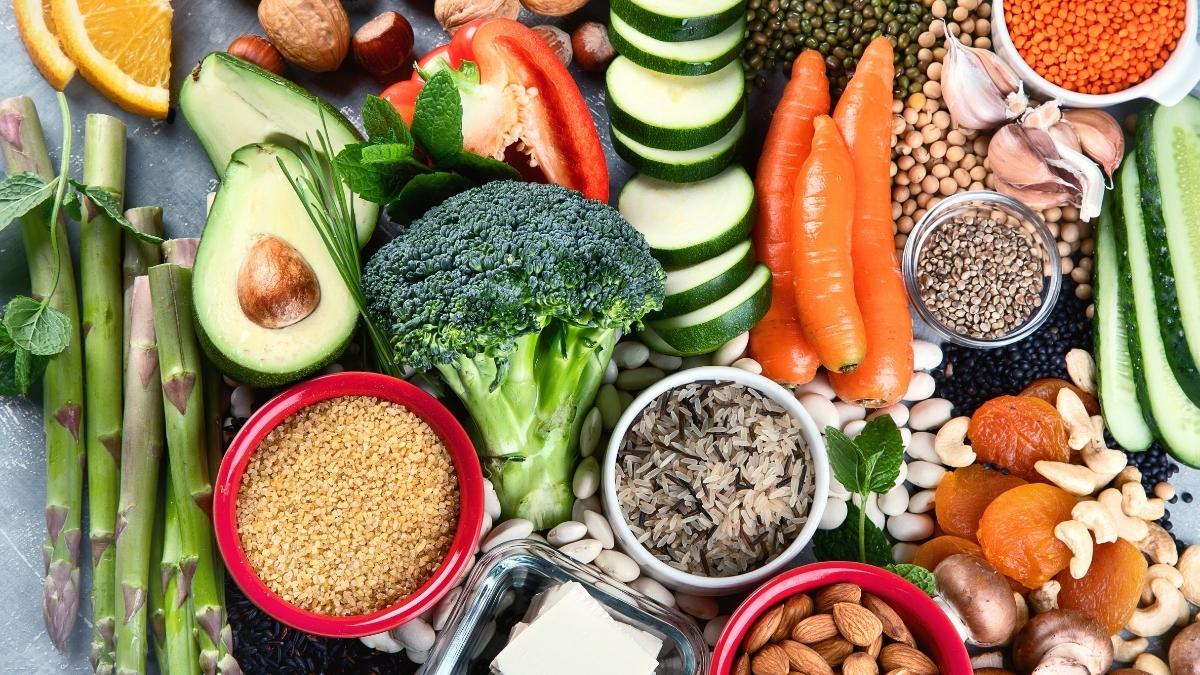According to the Centers for Disease Control (CDC), more than 15 million Americans have been diagnosed with chronic obstructive pulmonary disease (COPD). Unfortunately, there is no current cure for COPD, and that includes eating a plant-based diet.
Plant-based diets encourage people to eat more healthy and organic foods, such as vegetables, berries, seeds and nuts. This diet also emphasizes the eating of minimally processed foods, and its proponents advise against eating highly processed foods like white sugar and flour.
Although it can’t cure COPD, moving to a plant-based diet can have several important benefits for COPD patients.
3 Benefits Plant-Based Diets Can Have for COPD Patients
COPD patients should be on the lookout for lifestyle changes that can help decrease their symptoms. If you’re interested, you can talk to your doctor about moving to a plant-based diet.
Such a diet may offer COPD patients 3 specific benefits.
1. Helps decrease your weight
The lungs of an overweight person must work harder to supply their body with oxygen. This can be an issue for COPD patients who already have decreased lung function.
Plant-based diets have been shown to help decrease weight. In fact, a review of 12 studies on plant-based diets reports that people on these diets lost about 4.5 pounds in an average time of 18 weeks.
2. Decreases inflammation
Plant-based diets encourage people to eat more antioxidant-rich foods. This includes foods like spinach, kale, raspberries and blueberries, to name a few. Antioxidants are molecules that help to neutralize free radicals in the body that cause inflammation.
There’s even a medical study with findings that increasing the levels of antioxidants in your body can help it more effectively deal with the inflammation that COPD causes.
3. Decreases exacerbation risk
An exacerbation is a sudden and severe worsening of COPD symptoms, and 1 study reports that COPD patients could have more than 3 exacerbations annually. Getting more vitamins from the foods you eat could help decrease your risk of exacerbations.
A medical study reports that vitamins A, C, E and D could help to achieve this goal, and eating a plant-based diet can help you consume more vegetables and fruits that are high in these vitamins.

Christine Kingsley, APRN is the Health and Wellness Director at the Lung Institute where she focuses on providing helpful online resources for people looking for information on various lung diseases, breathing exercises, and healthy lifestyle choices. She advocates for holistic care that involves working with your doctor to explore all options including traditional and alternative care while focusing on diet and exercise as proactive measures.









